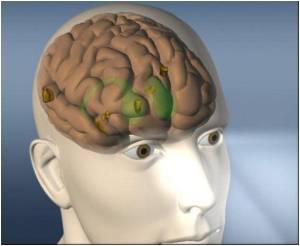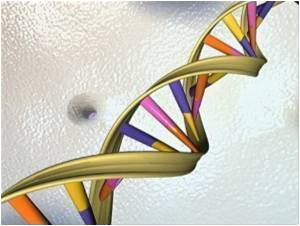Smoking is a common problem for patients with schizophrenia. The increased tendency of patients diagnosed with this disorder is to not only smoke, but to do so more heavily than the

In their study of healthy monkeys, Graham Williams and colleagues at Yale University and AstraZeneca found that very low doses of AZD0328, a novel drug that acts as an alpha-7 agonist, produced both acute and persistent improvements in their performance on a spatial working memory task.
"Our work demonstrates that that the neuronal nicotinic alpha-7 receptor plays a critical role in the core cognitive function of working memory, which is a key indicator of outcome in patients with schizophrenia," explained Dr. Williams. "The function of the alpha-7 receptor may account for the ability of a partial agonist to induce long-term beneficial changes for high-order cognition at such low doses."
This influence on cortical function has been exemplified by the work of Jason Tregellas and colleagues. These researchers examined the effects of DMXB-A, a novel alpha-7 partial agonist, on the brain's 'default network' in people with schizophrenia. Function of the default network, which is likely a major contributor to the intrinsic neuronal activity that accounts for 60-80% of the brain's energy use, is different in people with schizophrenia.
Dr. Tregellas summarized their findings: "We found that DMXB-A altered default network activity in people with schizophrenia in a pattern consistent with improved function of the network. We also found that these neuronal differences were related to the genotype of the alpha-7 nicotinic receptor and to drug-related improvements in symptoms."
Together, "these two studies provide additional support for a novel pharmacologic approach to treat cognitive impairments in schizophrenia", observed Dr. John Krystal, Editor of Biological Psychiatry.
Advertisement
Source-Eurekalert















